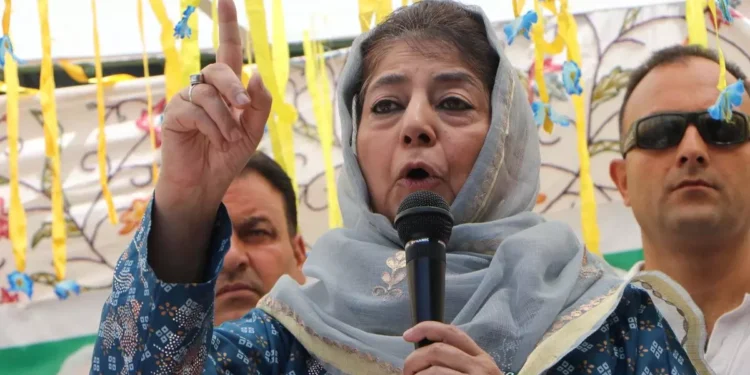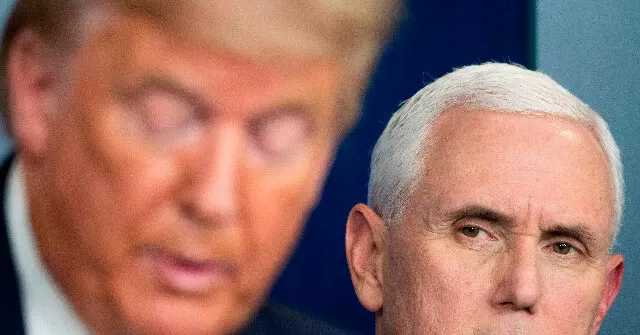After 25 years of formation, the People’s Democratic Party (PDP) is facing a challenging time as more than 40 leaders, including senior leaders and former ministers, have left the party. This has caused an existential crisis for the party, which has been a dominant force in Nigerian politics since its inception in 1998.
The PDP was formed with the aim of promoting democracy, good governance, and the welfare of the Nigerian people. Over the years, the party has achieved significant milestones and has been at the forefront of shaping the political landscape of the country. However, the recent exodus of leaders has raised concerns about the future of the party.
The departure of these leaders has been attributed to various reasons, including ideological differences, lack of internal democracy, and personal ambitions. While it is natural for political parties to experience disagreements and conflicts, it is essential for the PDP to address these issues and find a way to move forward.
One of the main challenges facing the PDP is the lack of internal democracy. In a democratic system, it is crucial for political parties to have a fair and transparent process for selecting their leaders. However, the PDP has been plagued with allegations of imposition of candidates and lack of level playing field for all members. This has led to discontent among party members and has resulted in some of them leaving the party.
Moreover, the PDP has also been criticized for its failure to effectively manage the diversity within the party. Nigeria is a country with diverse ethnic, religious, and cultural backgrounds, and it is essential for political parties to reflect this diversity. However, the PDP has been accused of being dominated by a few individuals from a particular region, which has alienated members from other regions. This has resulted in a lack of inclusivity and representation within the party, leading to the departure of some leaders.
Another factor contributing to the crisis in the PDP is the lack of a clear and unified vision for the party. In recent years, the party has been plagued with internal power struggles and infighting, which has resulted in a lack of direction and focus. This has caused confusion among party members and has weakened the party’s position in the political arena.
However, despite these challenges, it is important to note that the PDP still remains a formidable force in Nigerian politics. The party has a strong support base and has a rich history of achievements. It is also worth mentioning that the PDP has been the ruling party for 16 years, and it is natural for any party to experience some setbacks after being in power for such a long time.
The PDP must use this period of crisis as an opportunity to reflect and restructure itself. The party needs to address the issues that have led to the departure of its leaders and work towards building a more inclusive and democratic party. It is also crucial for the PDP to have a clear and unified vision that resonates with the aspirations of the Nigerian people.
Furthermore, the PDP must also focus on rebuilding its relationship with the Nigerian people. The party needs to regain the trust and confidence of the people by showcasing its commitment to good governance and the welfare of the citizens. This can be achieved by actively engaging with the people and addressing their concerns and needs.
In conclusion, the PDP is facing an existential crisis, but this should not be seen as the end of the party. Instead, it should be seen as an opportunity for the party to reinvent itself and emerge stronger. The PDP has a rich history and a strong support base, and with the right leadership and vision, it can overcome this crisis and continue to play a significant role in shaping the future of Nigeria. Let us all come together and work towards a stronger and more united PDP, for the betterment of our country.









